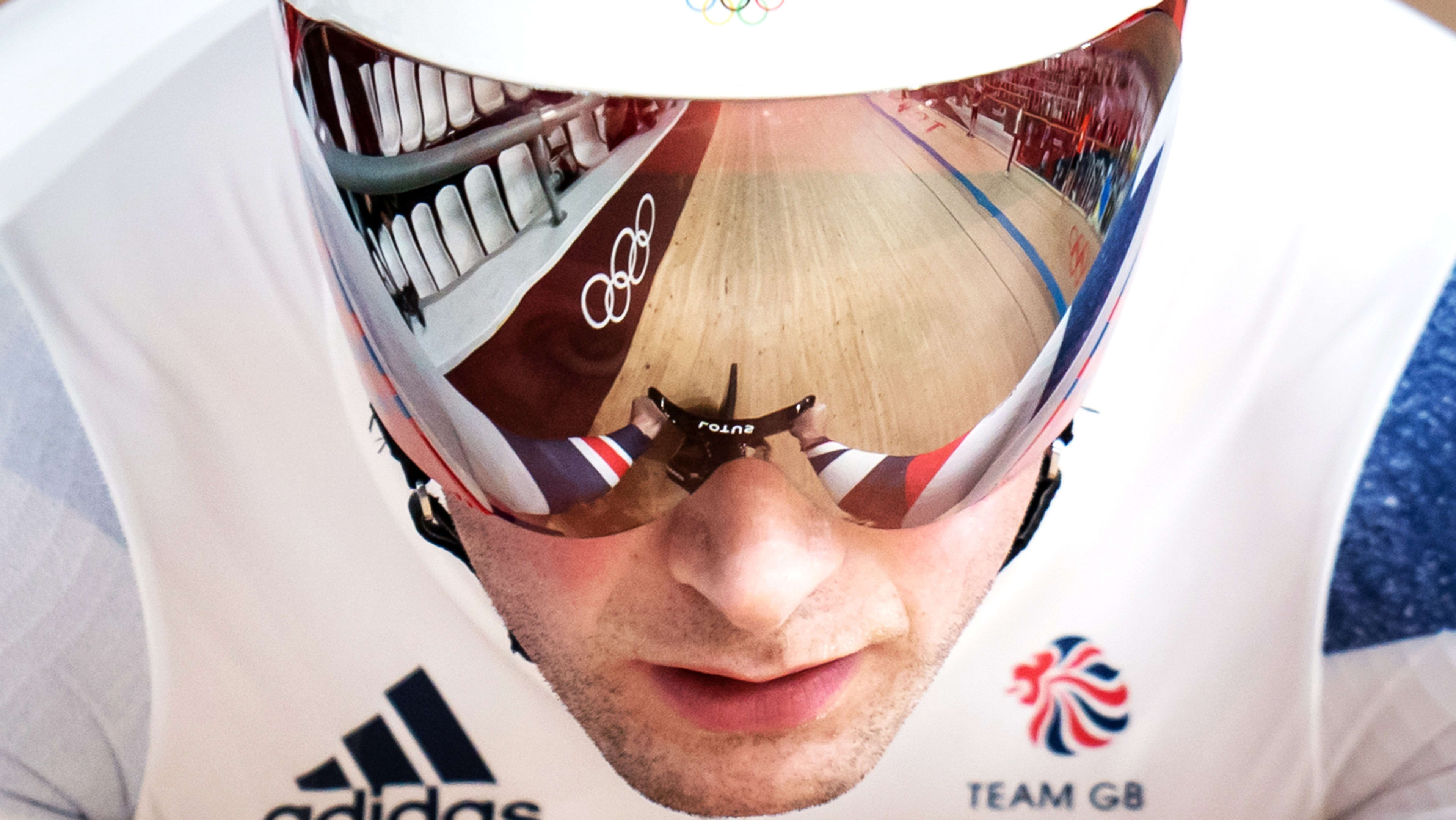To perform at the highest levels, Olympic athletes exercise more than just their bodies; they exercise their minds to handle the pressure of competition. While most of us will never achieve their level of athletic prowess, the mental strategies Olympians use to win are the same practices any of us can use to boost our focus and mental endurance, says Matthew Ferry, author Quiet Mind Epic Life.
An athlete’s life can be extremely intense, says Ferry. “They want to be at the top of their game and be peaceful,” he says. “They need to be in a calm and peaceful state to be able to perform well.”
Mediation provides you with a platform for quieting the noise that’s in your mind so you can focus on your intention, but it takes discipline, says Ferry.
“The world is noisy, and life is busy,” he says. “Everything feels urgent. Taking a few moments for your mental health is similar to taking a few moments to get a massage. To be functional, you need to take care of yourself. It’s pragmatic.”
Meditation Misconceptions
Many people resist meditation because they think it requires sitting still for long periods of time with your eyes closed. “That’s not true,” says Ferry. “It’s getting present in your mind, and gently directing your mind where you want to go.”
Ironically, believing misconceptions about what meditation is supposed to be can cause agitation and perpetual failure, which is the exact opposite of the benefits it can provide. Instead of holding yourself accountable to rules that don’t exist, Ferry suggests lowering the bar and letting go of the ideas about meditation you created in your head. Start small, such as, stopping once a day, closing your eyes, and taking long, slow deep breaths.
“Our entire world is about raising the bar,” he says. “When you lower the bar on meditation, it becomes impossible not to do. Eliminating the rules removes all the pressure and actually creates a version of meditation that can be extraordinarily empowering.”
Olympic-style Meditation
While each Olympic athlete has their own version of meditation, many of them are active forms. “They meditate while doing their sport,” says Ferry. “They’re focusing on something they want to accomplish or achieve while they’re doing it.”
To actively meditate, focus on your breathing and rhythm of movement. Get completely present to your body and mind, explains Ferry. For example, you can take a 15-minute break from your desk and walk outdoors. Walk and breath in rhythm with each step. “Breathe in, taking four steps, and then breathe out with four steps,” suggests Ferry. “This helps you get present in the moment, which you can use later when your mind meets resistance.”
Those negative thoughts you have in your mind are survival skills, says Ferry, who calls this voice your “drunk monkey” mind. “The drunk monkey’s job is to find things that are wrong or could be wrong,” he says. “Notice the drunk monkey and acknowledge it, and then tell yourself you’re not in the jungle.”
Daydreaming can also be a form of meditation. When they’re competing, athletes often fantasize about the outcome they’re trying to accomplish, creating muscle memory in their mind. “The dogma of wishing things into existence has been popular since the book The Secret,” says Ferry. “Seeing something as a reality is a systematic way to visualize what you want and bring it into reality.”
However, don’t confuse wishing with magic. “We aren’t magical beings who can wish things into existence,” he says. “Visualization for athletes is about getting into alignment, so they are mentally aligned with an outcome that then gives them new ideas and insights about how to push their bodies to go farther.”
The Benefits
Meditation offers many advantages for knowledge workers. For example, Ferry coaches several portfolio managers on Wall Street on mindfulness. “These people are similar to high-performance professional athletes in that they must bring their absolute best to work every day and move at blazing speeds while remaining present and unemotional in the process,” he says. “The high performer finds a way to go within and remove the mental resistance that will inevitably come up as trying to achieve goals and objectives.”
Meditation helps you feel more restored and rested. It reduces stress and can mitigate some of the anxieties we feel every day. “You don’t have to follow the rules,” says Ferry. “It might take two or three weeks, but the biggest benefit you’ll get is a renewed energy and enthusiasm for life.”
Recognize your brand’s excellence by applying to this year’s Brands That Matter Awards before the early-rate deadline, May 3.
